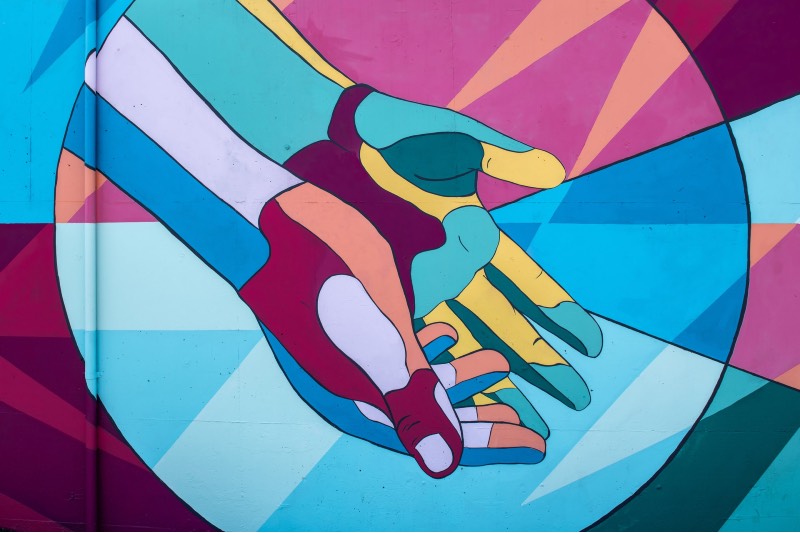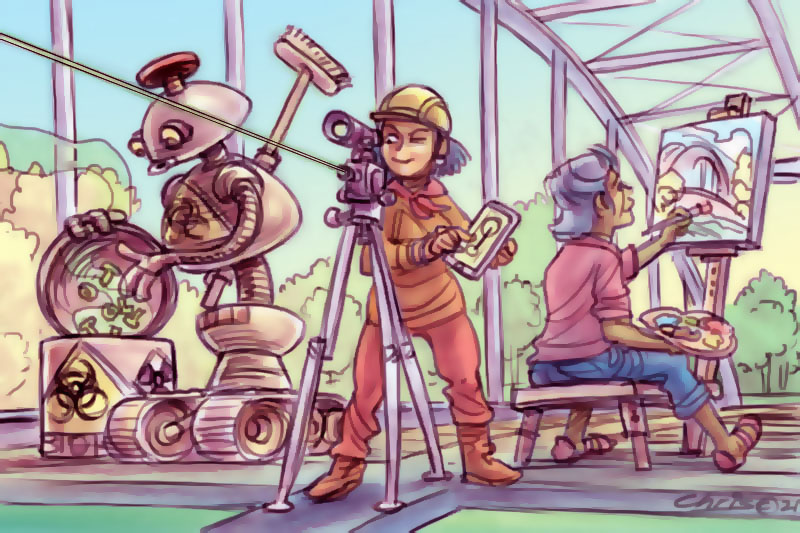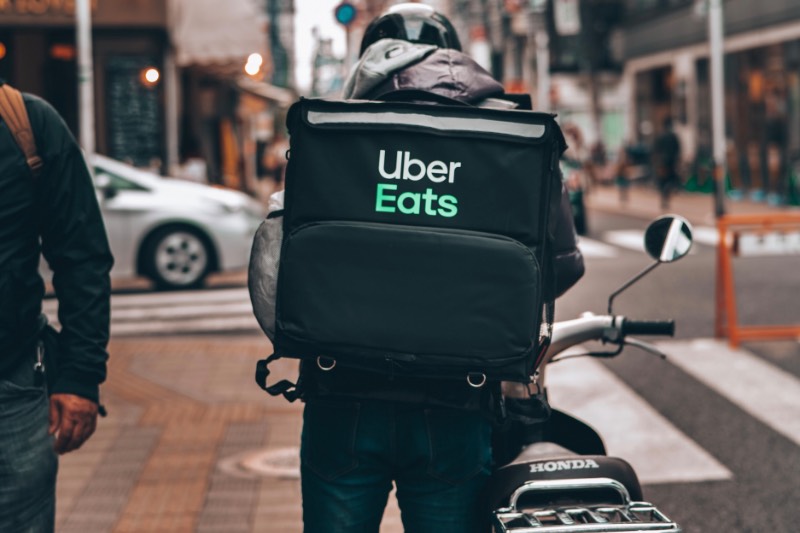Keywords: Australian Politics
There are more than 200 results, only the first 200 are displayed here.
-

INTERNATIONAL
- Binoy Kampmark
- 11 May 2021
10 Comments
While the ban is unique in its severity, it is not divorced from a broader tendencies as to how citizenship has been appraised during pandemic times. Public health and safety have been prioritised over the standard liberties associated with citizenship.
READ MORE 
-

RELIGION
- Andrew Hamilton
- 06 May 2021
17 Comments
The laying on of hands has been associated with controverted change in Western religious societies. Central in religious societies, it became neuralgic in cultures seeking to mark out clear boundaries between religion and such domains as politics, science and medicine and demography. To appreciate the significance of the action, it is worth reflecting on its history.
READ MORE 
-

AUSTRALIA
The debate about the future of work, and therefore UBI, was hijacked by a reductive media narrative around ‘the robot question’ and this has made it hard to recognise the complex nature of the changes underway.
READ MORE 
-

AUSTRALIA
The Prime Minister has recently denounced ‘the growing tendency to commodify human beings through identity politics‘. In doing so, he raises a number of important questions. The claim of ‘commodification’ of human beings and their relations is a powerful one.
READ MORE 
-

AUSTRALIA
- Kate Moriarty
- 29 April 2021
3 Comments
There seems something profoundly feminist in the act of running a political meeting in the midst of family life. One of the barriers to female participation in politics (and elsewhere) is family commitments. Doris’s brand of radical hospitality changes this.
READ MORE 
-

AUSTRALIA
- Dustin Halse
- 27 April 2021
9 Comments
Behind the slick advertising and high-tech veneer of on demand apps and services lies a bleak, hazardous and often dangerous reality: tens of thousands of people are working at the fringe of the labour market as delivery riders and personal chauffeurs. When you remove all the tech, the sizzle and pop, it’s little more than modern day iteration of old-school precarious piece work arrangements.
READ MORE 
-

AUSTRALIA
- Cristy Clark
- 11 March 2021
34 Comments
The events of the last few weeks have provided a devastatingly clear illustration of how far we are from upholding a substantive version of the rule of law in Australia.
READ MORE 
-

MEDIA
- Binoy Kampmark
- 23 February 2021
2 Comments
Instead of retaining its control of a fruit market, or preserving an oil monopoly, Facebook harnesses another resource: data. Any regulator or sovereign state keen to challenge the way the Silicon Valley giant gathers, monetises and uses that data will face their ire.
READ MORE 